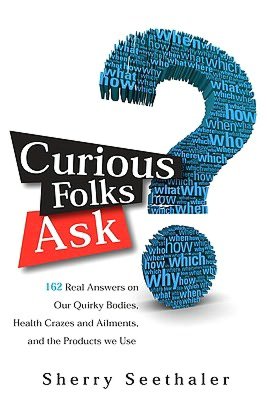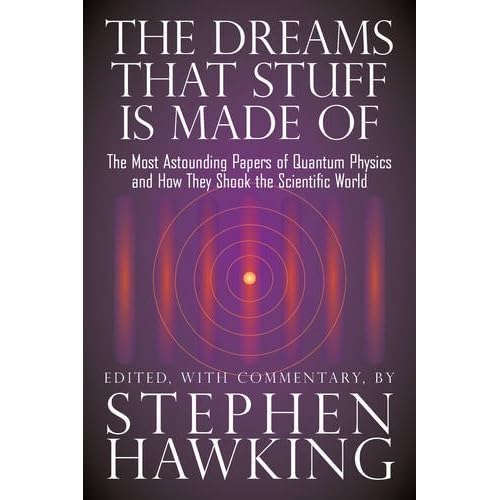So it's time for another "Book of the Week" review. This time let's look at something fun and simple - a great guide on magic of maths and mental math.
You can find the book here:
About the Authors:
Arthur Benjamin is a professor of mathematics at Harvey Mudd College in Claremont, California. In addition, he is also a professional magician and performs his mixture of math and magic all around the world. Besides that Michael Shermer is host of the Caltech public lecture series and a contributing editor at Scientific American.
Michael Shermer is an American science writer, historian and the found of The Sceptics’ Society. He is also the chief editor of his magazines Skeptic and a columnist at Scientific American.
Short Review:
Secrets of Mental Math is a great book for those who enjoy maths magic. It will teach amazing math tricks which will surprise yourself and amaze your friends. But it’s not only about magic of mathematics, it’s a great guide to mental mathematics. It covers a variety of techniques which will not only increase your arithmetic abilities and speed, but will also teach you to do operations on huge numbers in your head. So if you’re a fan of mental mathematics be sure to check this one out.
You can find the book here:







 3:57 PM
3:57 PM
 silentbob14
silentbob14





